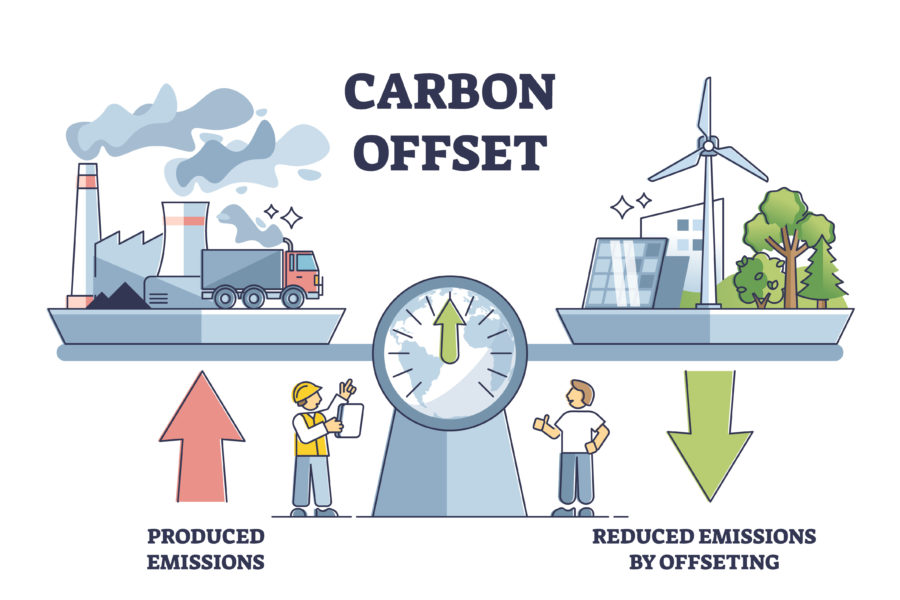Happy Earth Day! Today we celebrate our commitment to protecting our planet and creating a more sustainable world.
As part of AIFS Abroad’s Green Initiative, we are focused on significantly reducing the environmental impact of international education. One key part is eliminating carbon production caused by international travel, or at least reducing them as much as possible. One return international airline flight often equals as much carbon as one person may contribute in a whole year — it is the single biggest source of carbon from participating in a program abroad.
Luckily, there are ways to reduce our carbon footprints while still allowing students to study abroad on programs around the world through something called carbon offsetting.
Carbon offsetting is when carbon dioxide or other greenhouse gasses are reduced or removed in one place in order to compensate for emissions that were made elsewhere. This way, the carbon emissions balance out.

At AIFS Abroad, we are committed to being carbon neutral, but we also know that there are some emissions that are unavoidable. As a result, every year we buy credits for every program participant and calculate exactly how many tonnes are produced by a flight from your home to your program site and back again.
Each year we total all our program participants’ travel and total carbon tons and select 3 important global projects that ‘offset’ this carbon production. Ultimately, we need new ways to fly on solar planes or using non-fossil fuels, but until that day we will be offsetting the carbon production using this carbon offsetting system.
By choosing to participate with AIFS Abroad you are making a green choice and helping make the world more sustainable for future generations.
In celebration of Earth Day, we are announcing our carbon offsetting plans for 2022. Check out the projects that we will be supporting below!
1. Betulia Hydroelectric Project in Honduras
This 6.8 MW run-of-river hydroelectric generating power plant is replacing fossil-fueled power plants by providing renewable energy to Honduras’ national grid while also improving the quality of electricity for local communities that have historically lacked access to electrical energy. Since 2015, this project has reduced over 25,000 tonnes of CO2 emissions.
2. 20 MW Biomass Power Project in Chhattisgarh, India
This biomass-based power project generates electricity by using rice husks from local communities which helps reduce local waste and CO2 emissions by replacing fossil fuel-based power generation.
3. Institutional Improved Cookstoves for Schools and Institutions in Uganda
This project seeks to reduce indoor and outdoor pollution as well as regional deforestation and forest degradation as a result of the use of traditional stoves through the installation of institutional improved cookstoves that enable cleaner, safer, and more efficient cooking. This project reduces 8,100 tonnes of CO2 emissions each year.

